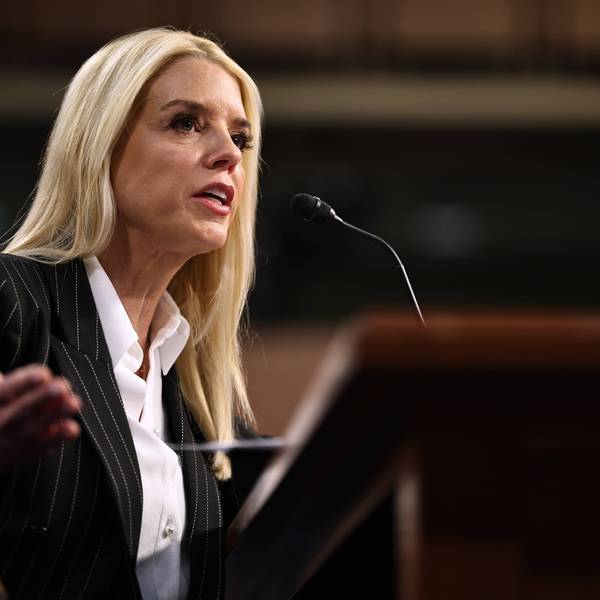Hundreds of Yemeni women set fire to veils on Wednesday in protest at the government's crackdown on demonstrators, after overnight clashes in the capital and another city left 25 people dead, officials said.
The women spread a black cloth across a main street in Sana'a and threw their full-body veils, known as makrama, on to a pile, sprayed it with oil and set it ablaze. As the flames rose, they chanted: "Who protects Yemeni women from the crimes of the thugs?"
Women have taken a key role in the uprising against President Ali Abdullah Saleh's authoritarian rule. This month the Yemeni activist Tawakkul Karman was awarded the Nobel peace prize along with two Liberian women, for their struggle for women's rights.
Wednesday's protest was not related to women's rights or issues surrounding the Islamic veil. The act of burning their clothing is a symbolic Bedouin gesture signifying an appeal to tribesmen for help, in this case to stop the attacks on the protesters.
The women who burned clothing in the capital were wearing traditional veils at the time, many covered in black from head to toe.
The protest came as clashes intensified between Saleh's forces and renegade fighters who have sided with the protesters. Medical and local officials said up to 25 civilians, tribal fighters and government soldiers died overnight in Sana'a and the city of Taiz, despite a ceasefire announcement by Saleh late on Tuesday. Scores of others were wounded.
A medical official said seven tribal fighters were among those killed in the Hassaba district of the capital. Another medical official said four residents and nine soldiers also died in the fighting there.
Government forces also shelled houses in Taiz, a hotbed of anti-Saleh protests, killing five people, including four members of one family, a local official said.
A group of female supporters of Saleh marched to the UN office on Wednesday to voice their opposition to international pressure on the president to step down. The women entered the building to hand in their protest note.
During a meeting with the US ambassador on Tuesday, Saleh offered to sign a power-transfer deal giving him immunity from prosecution if he steps down. The meeting was Saleh's first since he returned last month from Saudi Arabia, where he was treated after an attack on his presidential compound in June left him badly wounded.
Saleh has repeatedly backed away from a power-transfer deal at the last minute, and the opposition has dismissed his latest offer.



